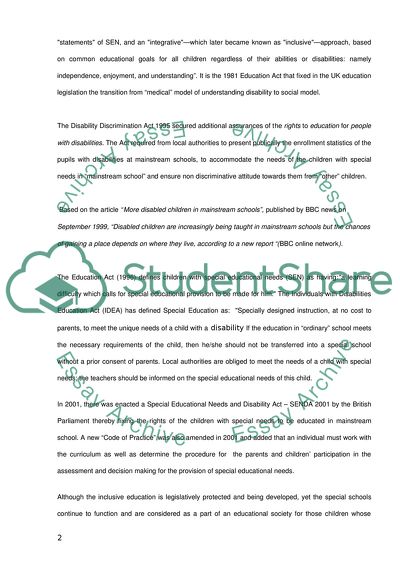Cite this document
(Inclusive Education in the UK and Tajikistan Case Study Example | Topics and Well Written Essays - 1750 words, n.d.)
Inclusive Education in the UK and Tajikistan Case Study Example | Topics and Well Written Essays - 1750 words. https://studentshare.org/education/1764336-inclusion
Inclusive Education in the UK and Tajikistan Case Study Example | Topics and Well Written Essays - 1750 words. https://studentshare.org/education/1764336-inclusion
(Inclusive Education in the UK and Tajikistan Case Study Example | Topics and Well Written Essays - 1750 Words)
Inclusive Education in the UK and Tajikistan Case Study Example | Topics and Well Written Essays - 1750 Words. https://studentshare.org/education/1764336-inclusion.
Inclusive Education in the UK and Tajikistan Case Study Example | Topics and Well Written Essays - 1750 Words. https://studentshare.org/education/1764336-inclusion.
“Inclusive Education in the UK and Tajikistan Case Study Example | Topics and Well Written Essays - 1750 Words”. https://studentshare.org/education/1764336-inclusion.


